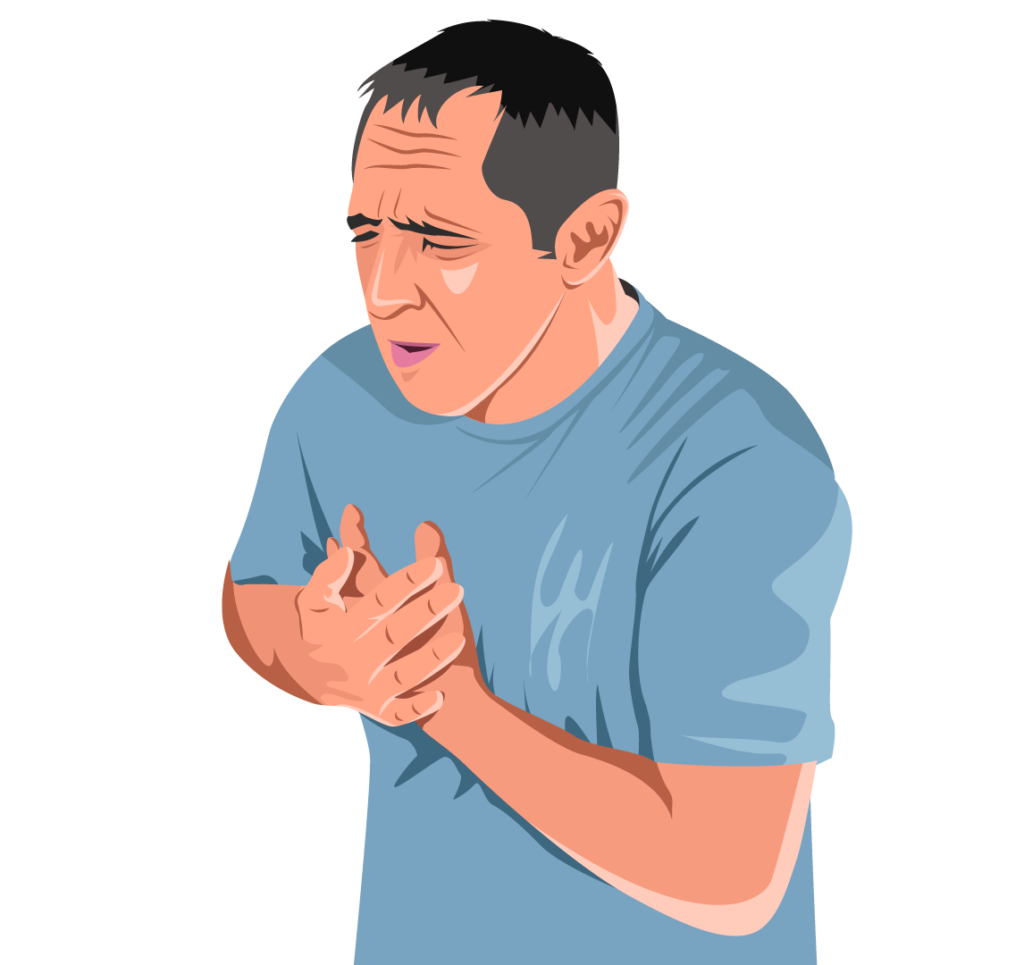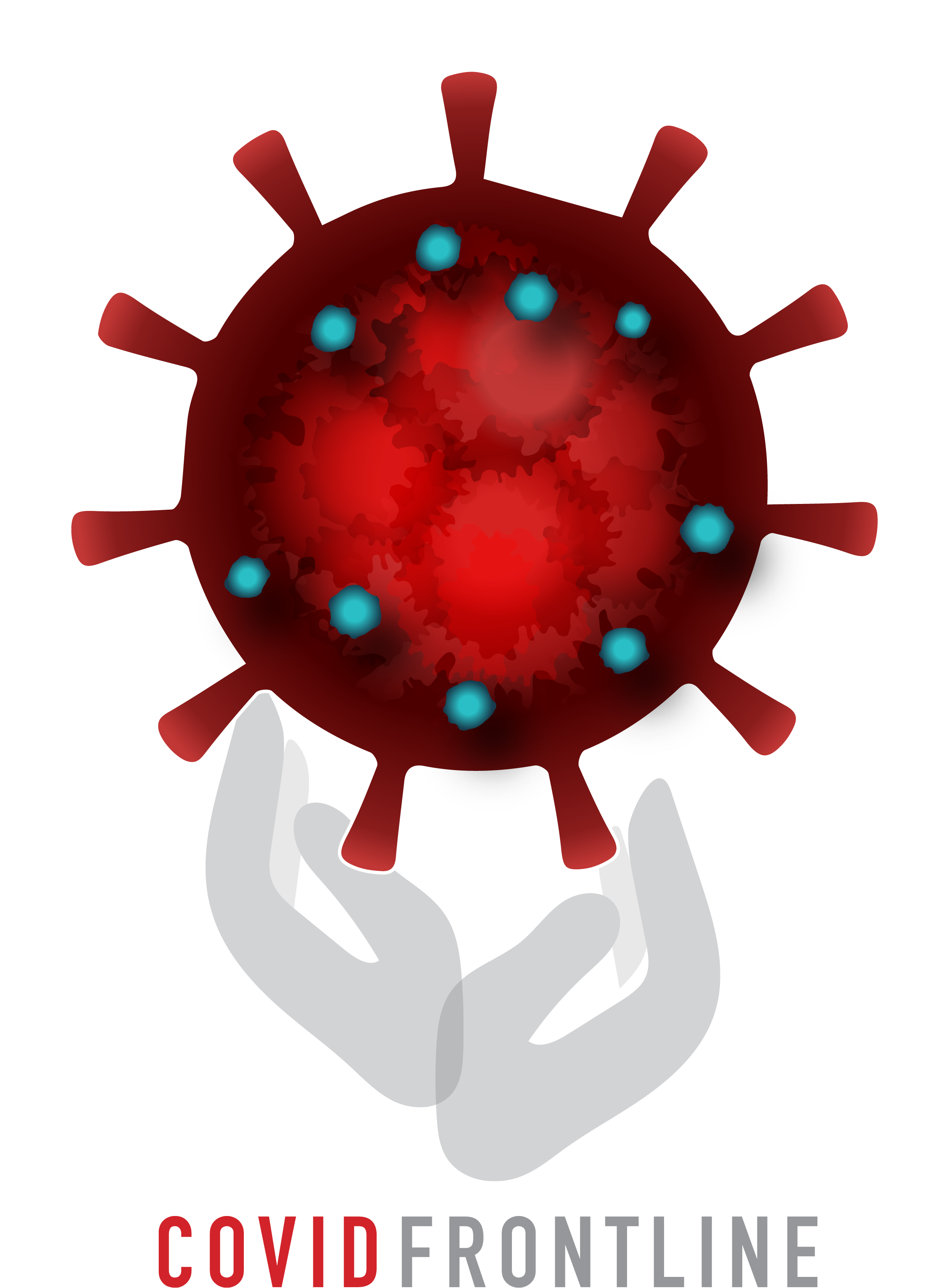On May 26, 2021, a new COVID-19 monoclonal antibody therapy—sotrovimab (previously VIR-7831)— was added to the list of infusion therapies authorized by the Food and Drug Administration for non-hospitalized people 12 years of age and older and weighing at least 40 kg, who have mild-to-moderate COVID-19 and risk factors for progressing to severe disease.1 Rather than binding to the angiotensin converting enzyme 2 (ACE2) receptor of the spike protein, sotrovimab binds to an epitope that is shared with the virus and is engineered to be highly concentrated in the lungs and to possibly enhance virus-specific T cell function.2,3
The Emergency Use Authorization (EUA) of sotrovimab is supported by an interim analysis of the ongoing Phase 2/3 COMET-ICE clinical trial of 583 people who tested positive for COVID-19 and were then randomized to receive either 500 mg sotrovimab or placebo.1,4 Hospitalization or death occurred in 21 (7%) of the 292 people who received placebo, and in 3 (1%) of the 291 people who received sotrovimab.1


In vitro data indicates that sotrovimab is active against the variants originating from the United Kingdom (B.1.1.7), South Africa (B.1.351), Brazil (P.1), California (B.1.427/B.1.429), New York (B.1.526), and India (B.1.617).3 Potential side effects of sotrovimab include anaphylaxis, infusion-related reactions, rash, and diarrhea.1 Ongoing clinical studies of sotrovimab include COMET-PEAK and the planned COMET-TAIL and COMET-STAR trials.2,5 These studies are investigating the efficacy and safety of intramuscular (IM) sotrovimab in low-risk adults with mild-to-moderate COVID-19; early IM treatment of COVID-19 in high-risk adults; and IM-administered sotrovimab as prophylaxis for high-risk adults.2,5
Other COVID-19 monoclonal antibody infusion therapies with EUA include bamlanivimab plus etesevimab and REGN-CoV-2, which is a combination of casirivimab and imdevimab.6,7 The Centers for Disease Control and Prevention recently expanded the list of underlying medical conditions and characteristics associated with high-risk for severe COVID-19, making more people with COVID-19 eligible to receive these therapies.8
References
- US Food and Drug Administration (FDA). Coronavirus (COVID-19) Update: FDA authorizes additional monoclonal antibody for treatment of COVID-19. (fda.gov/news-events/press-announcements/coronavirus-covid-19-update-fda-authorizes-additional-monoclonal-antibody-treatment-covid-19). Accessed 6/1/2021.
- GSK press release. Vir Biotechnology and GSK announce VIR-7831 reduces hospitalization and risk of death in early treatment of adults with COVID-19. (gsk.com/en-gb/media/press-releases/vir-biotechnology-and-gsk-announce-vir-7831-reduces-hospitalisation-and-risk-of-death-in-early-treatment-of-adults-with-covid-19) Accessed 6/1/2021.
- Fact sheet for healthcare providers—Emergency Use Authorization (EUA) of sotrovimab. (www.fda.gov/media/149534/download). Accessed 6/2/2021.
- COMET-ICE. VIR-7831 for the early treatment of COVID-19 in outpatients. NCT04545060 (https://clinicaltrials.gov/ct2/show/NCT04545060?term=NCT04545060&draw=2&rank=1) Updated 5/7/2021. Accessed 6/1/2021.
- COMET-PEAK. Safety, tolerability, and pharmacokinetics of second generation VIR-7831 material in non-hospitalized participants with mild to moderate COVID-19. NCT04779879 (https://clinicaltrials.gov/ct2/show/NCT04779879?term=NCT04779879&draw=2&rank=1) Updated 3/3/2021. Accessed 6/1/2021.
- Fact sheet for healthcare providers—Emergency Use Authorization (EUA) of bamlanivimab and etesevimab. (www.fda.gov/media/145802/download). Accessed 6/1/2021.
- Fact sheet for healthcare providers—Emergency Use Authorization (EUA) of REGEN-COV™ (casirivimab and imdevimab). (www.fda.gov/media/145611/download). Accessed 6/1/2021.
- Centers for Disease Control and Prevention (CDC). Medical conditions. (www.cdc.gov/coronavirus/2019-ncov/need-extra-precautions/people-with-medical-conditions.html). Accessed 6/1/2021.

